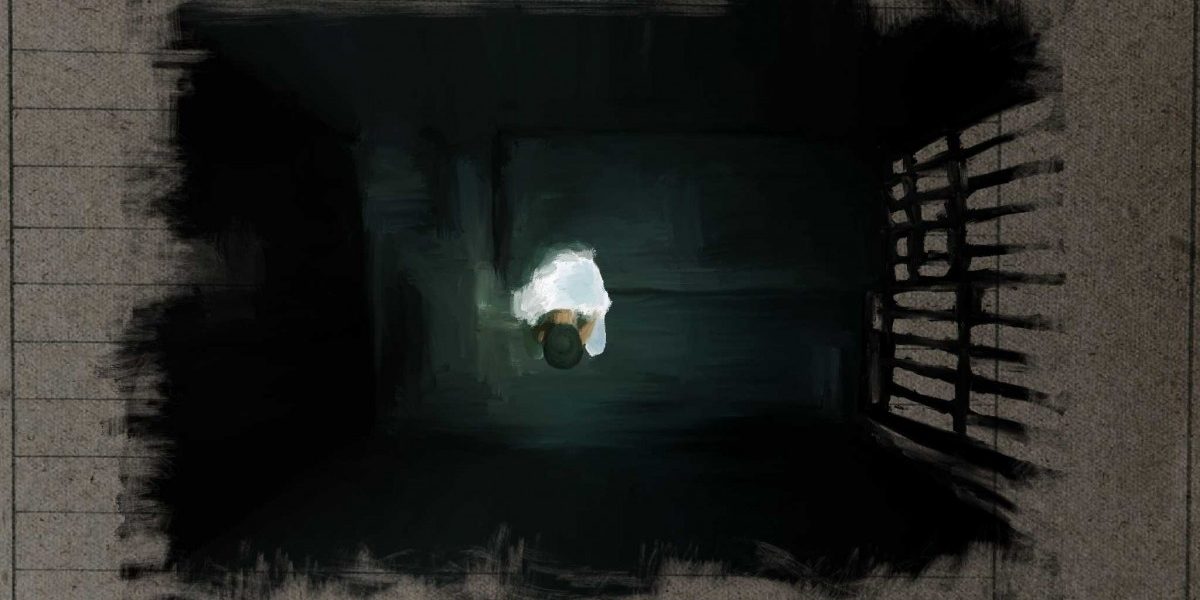“Why do I always do this only when I’m alone?” asks Rabjeet* as he is getting ready to make an Instagram Reel. After applying powder, cream and blush, he goes to the terrace of his house and records the video.
The song is ‘Mere Haathon Mein’ from the film Chandni.
“I live in two worlds; one, where I exist with a false identity. That is the real world. There is another, where I can be my real self. That is the reel world,” Rabjeet says.
He is 22 years old and a resident of Nagala village in Udham Singh Nagar district of Uttarakhand.
Rabjeet identifies as a man but says that he has always had a deep affinity for activities and interests that are often considered feminine stereotypes. “Wearing sarees, blouses, and experimenting with makeup brings me immense joy. These are my cherished pursuits, often enjoyed in private moments. I’ve always been fascinated by the elegance of the pink colour, find joy in playing with dolls and want to walk like a model on a ramp,” he says.
Rabjeet has been working at a beauty parlour at Nanakmatta for the last six months. The parlour is six kilometres away from his home. “I’m going to get my diploma in makeup within two months,” he says. He remembers to take photos of his work at the parlour. He is also a part-time tailor of women’s clothes.
There is joy in making a living out of things he has always enjoyed doing.
Rabjeet is the youngest of three brothers and lost his father a year ago. His grandfather, a farmer, is ailing. His mother rears cattle and goats and sells the milk, along with managing the home. Rabjeet’s ambitions find no resonance with his family, who would prefer that he act like what they understand to be a ‘normal’ boy.
“They would observe my behaviour and scold me,” he says. Of late, they have been pressurising him to get married.
Neighbours were crueler, and would call him “ladki” and “chakka” – Hindi slurs meaning ‘girl’ and ‘gay’. Another popular slur, used even by children in the marketplace, is “hijra.”
He, however, managed to make fast friends with the village’s women who come to him to get their clothes sewn. One of them is Babita Rana, who Rabjeet describes as “talkative.” Rana, for one, admits that she is talkative. But is happy that Rabjeet has a friend in her.
However, outside of this small circle, neither men nor women are ever really comfortable with him, he says.
Rabjeet says he doesn’t have the words to express what his “identity” is. He has spoken to doctors, visited hospitals and consulted others but to no avail. “I am always referred to bigger hospitals because people here don’t really know what is happening with me,” he says.
Rabjeet has looked up gender-affirming surgeries and hormone therapies but they are very expensive, he says. Also, his ideas have changed.
“Now, I don’t want to do any surgery on my reproductive organs but I want to know who I am. Am I really a trans person or am I just a man who likes things considered womanly?” he asks.
Then in 2022, Rabjeet fell in love with a man. It was unrequited, but it gave him strength to ignore society, he says.
He began expressing himself on Instagram, through Reels. His account is private and is mostly followed by fellow LGBTQIA people. “I like Instagram more than the people around me,” Rabjeet laughs.
The World Values Survey has it that the percentage of Indians who believe ‘homosexuality is never justifiable’ fell from 80% to 24% from 1990 to 2014. This signals acceptance – something that those in the smaller Indian towns still await.
Prakash Chand is a student of Class 12 at the Nanakmatta Public School and lives in Uttarakhand.
*Name changed to protect his identity.
Featured illustration by Pariplab Chakraborty.

